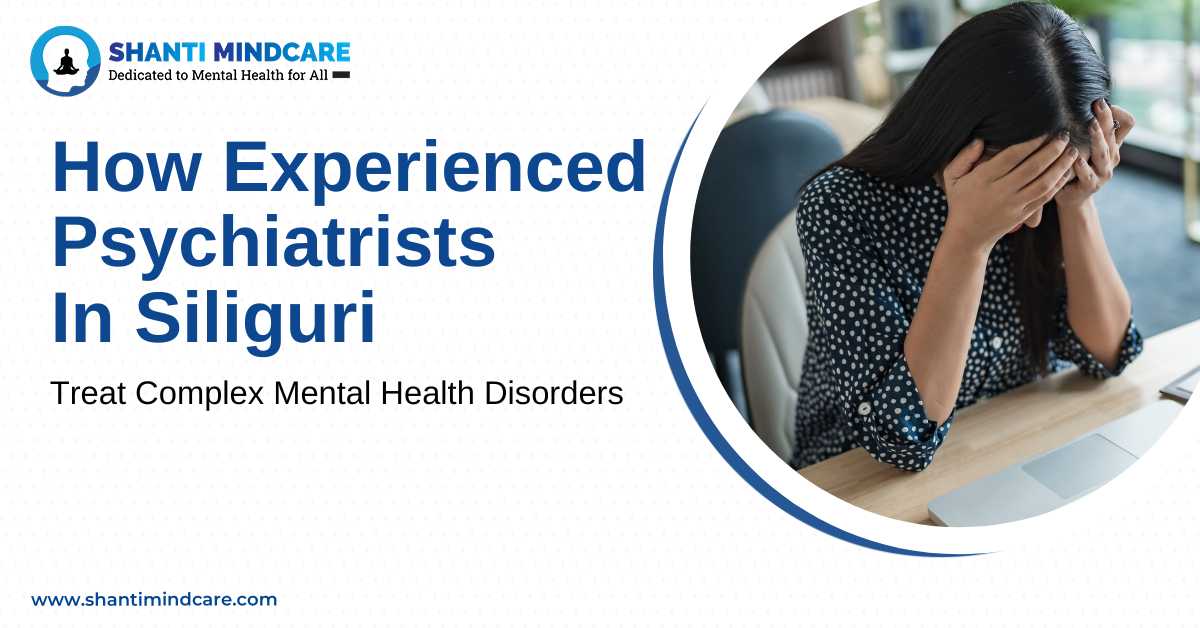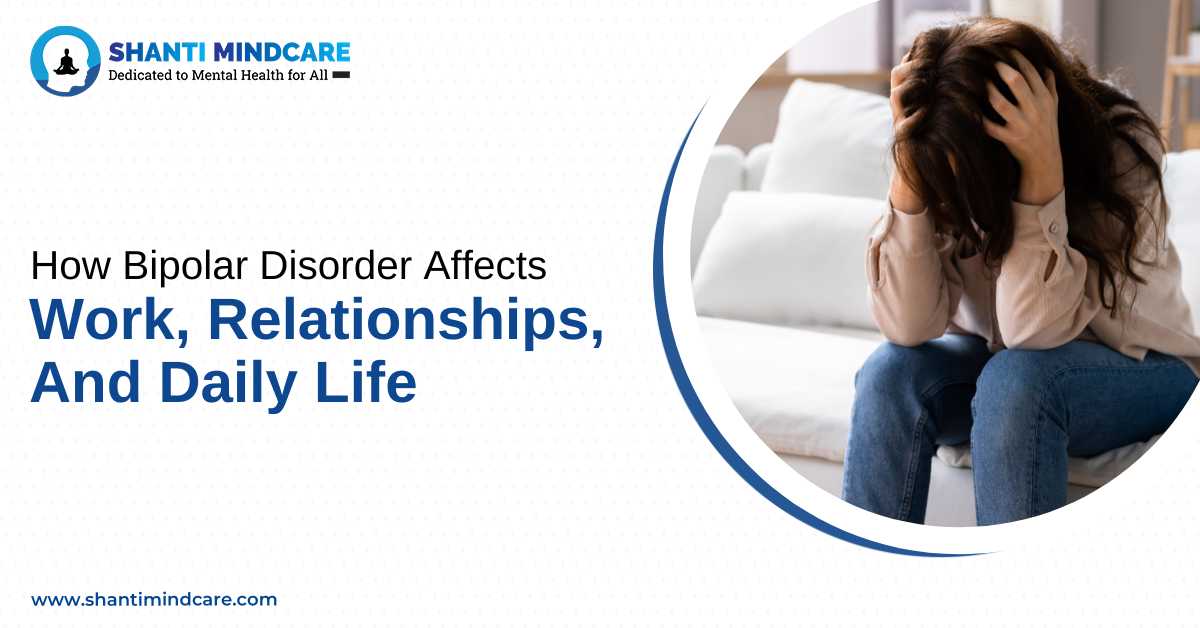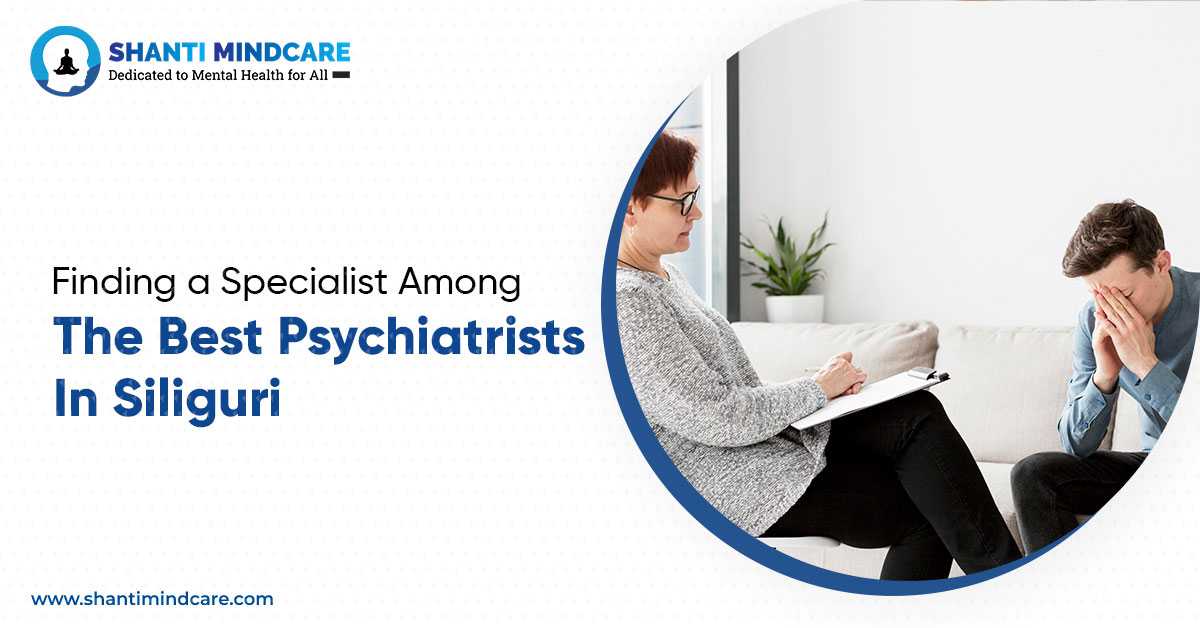Though signs of depression are common among older adults, clinical depression or major depressive disorder is not a normal part of aging. If you notice your elderly shows symptoms of depression such as sadness, withdrawal, lack of interest in activities, worthlessness, sleep problems, visit a specialist.
For first aid, you can visit a GP/general physician near you. You can directly connect with a psychiatrist, who deals with the diagnosis, treatment, and management of mental, emotional, and behavioral concerns in people. Reach out to the best psychiatrist hospital in Siliguri.
Symptoms and signs of depression in older adults
Older people develop typical signs of depression, including:
- Sadness
- Apathy
- Crying spells
- Insomnia/ problems with falling asleep
- Worthlessness
- Isolation
- Losing interest in personal hygiene/day-to-day activities/favorite things
- Hopelessness
- Physical aches and pains
- Restlessness
- Slow movement
- Irritability
- Changes in appetite
- A feeling of tiredness/fatigue
- Changes in sleep pattern
- Changes in weight
- Difficulty paying attention or concentration
- Thoughts of suicide
SSD or Subsyndromal depression is more frequent in older people, in which older people have subclinical depression, marked by having symptoms of depression that do not meet the criteria for depression diagnosis. However, untreated SSD might contribute to clinical depression in older people.
Knowing the causes of depression in older people
What exactly results in depression in older people is still unknown. Given below are possible reasons for geriatric depression:
- A family history of depression, especially in first-degree relatives (parents and siblings)
- Long-term medical conditions
- Physical disability
- Limited movement
- Exposure to traumatic life events
- Death of a loved one
- Low levels of serotonin and norepinephrine
- Living alone
- Social isolation, life after retirement
- Financial hardships
- Previous suicidal attempts
- Fear of death
- Chronic severe pain
- Substance abuse
- Dependence
- History of depression
As per medical reports, dementia, insomnia, medications, medical conditions, sleep environment, psychiatric disorders, lack of a supportive social network, Stroke, diabetes, high blood pressure, chronic pain, heart attack, atrial fibrillation, cancer surgery, etc. health conditions can increase the likelihood of depression in adults and older adults. See a specialist at the best psychiatric hospital in Siliguri.
Diagnosis and medical care for depression in older adults
A combination of diagnostic techniques takes place, such as the doctor asking your elderly about her/his symptoms, their feelings, what makes them happy, how long your elderly has been in this phase, and their medical history. A physical examination may take place as well. Talk to the top psychiatrist in Siliguri for geriatric depression.
Effective and common medical care for depression these days consists of medications, psychotherapy, strategic lifestyle changes like eating a balanced diet, physical activity, adding a new hobby to day-to-day life, meeting friends and family, ECT/electroconvulsive therapy.






